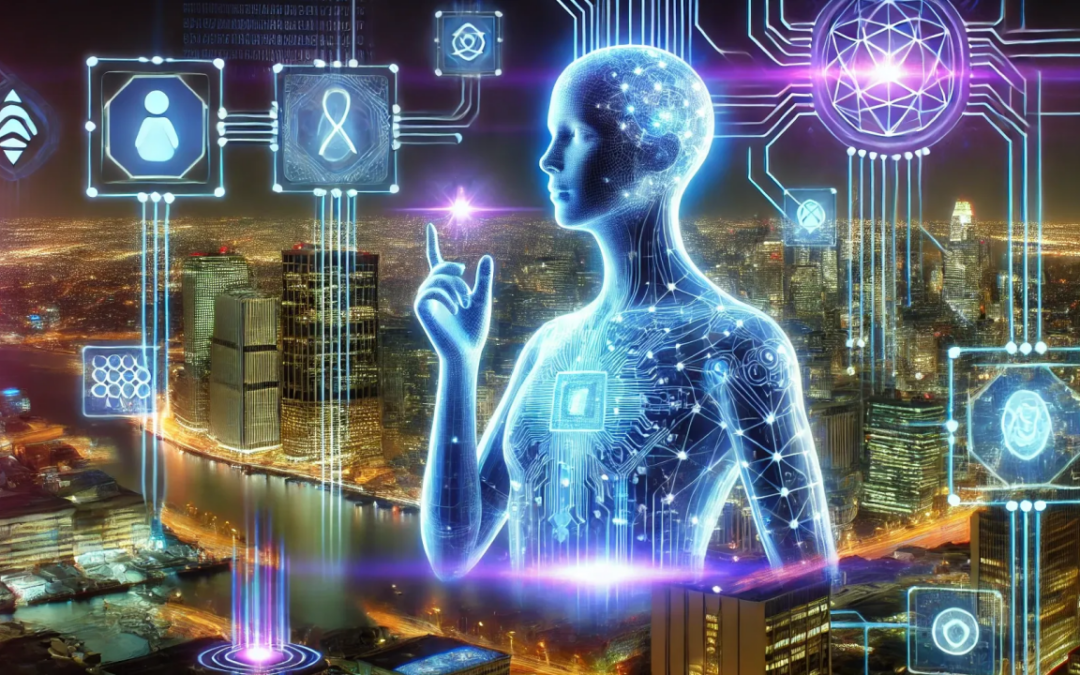In recent years, Decentralized Autonomous Organizations (DAOs) have become a cornerstone of Web3 innovation. Built on blockchain technology, DAOs operate without centralized leadership, relying instead on smart contracts and community governance. But now, a new question is emerging in the crypto and AI communities: Could AI-powered DAOs run entirely on their own?
The Rise of AI in DAOs
Traditionally, DAOs rely on human input for proposals, voting, and execution of decisions. However, with the rise of artificial intelligence, these processes can be automated further. AI algorithms could analyze on-chain data, forecast trends, and even propose governance decisions — all without human intervention.
Imagine a DAO managing a decentralized investment fund. Instead of waiting for token holders to vote manually, an AI system could automatically allocate capital based on real-time market sentiment and blockchain analytics. This level of autonomy would dramatically increase efficiency while reducing human bias.
Benefits of AI-Driven Autonomy
The potential advantages are hard to ignore:
24/7 operation
AI never sleeps, allowing DAOs to function around the clock.
Data-driven decisions
AI can process massive amounts of information far beyond human capacity.
Reduced governance fatigue
Members wouldn’t need to vote on every minor issue — the AI could handle day-to-day operations.
In short, AI could make DAOs more responsive, efficient, and scalable.
The Challenges and Risks
Yet, full autonomy comes with serious concerns. What happens if the AI misinterprets data or gets exploited through an unforeseen smart contract bug? Without human oversight, errors could cascade rapidly through the system.
Moreover, ethical questions arise: Who is accountable for an AI DAO’s decisions? How do you “govern” an entity that governs itself? The very concept challenges our understanding of ownership, responsibility, and even legality.
The Future of AI-DAOs
While a fully autonomous DAO might still be years away, hybrid models are already taking shape. Some DAOs use AI tools to assist with analytics, proposal generation, or voting optimization. Over time, as AI models improve and smart contracts become more sophisticated, we could see DAOs that operate almost entirely without human intervention — but with oversight mechanisms built in for safety.
In the end, AI-powered DAOs represent the next phase in decentralization — one where technology doesn’t just support governance but becomes the governance. Whether that future is utopian or dystopian will depend on how we design, regulate, and integrate these powerful systems.

